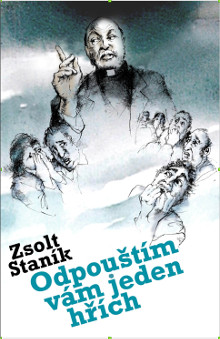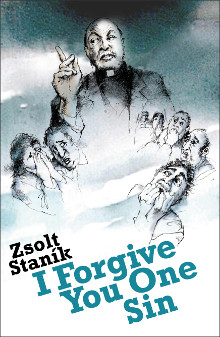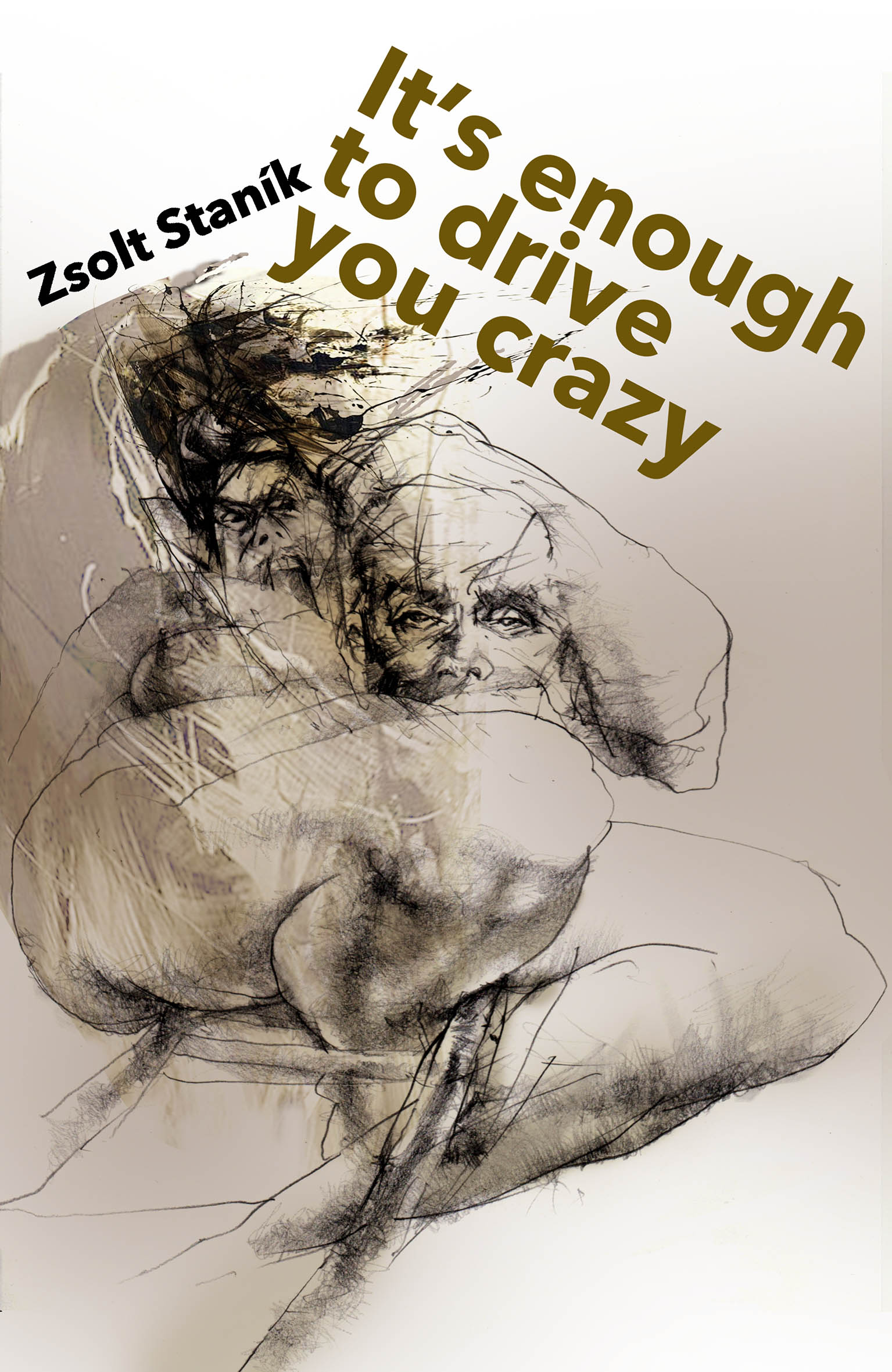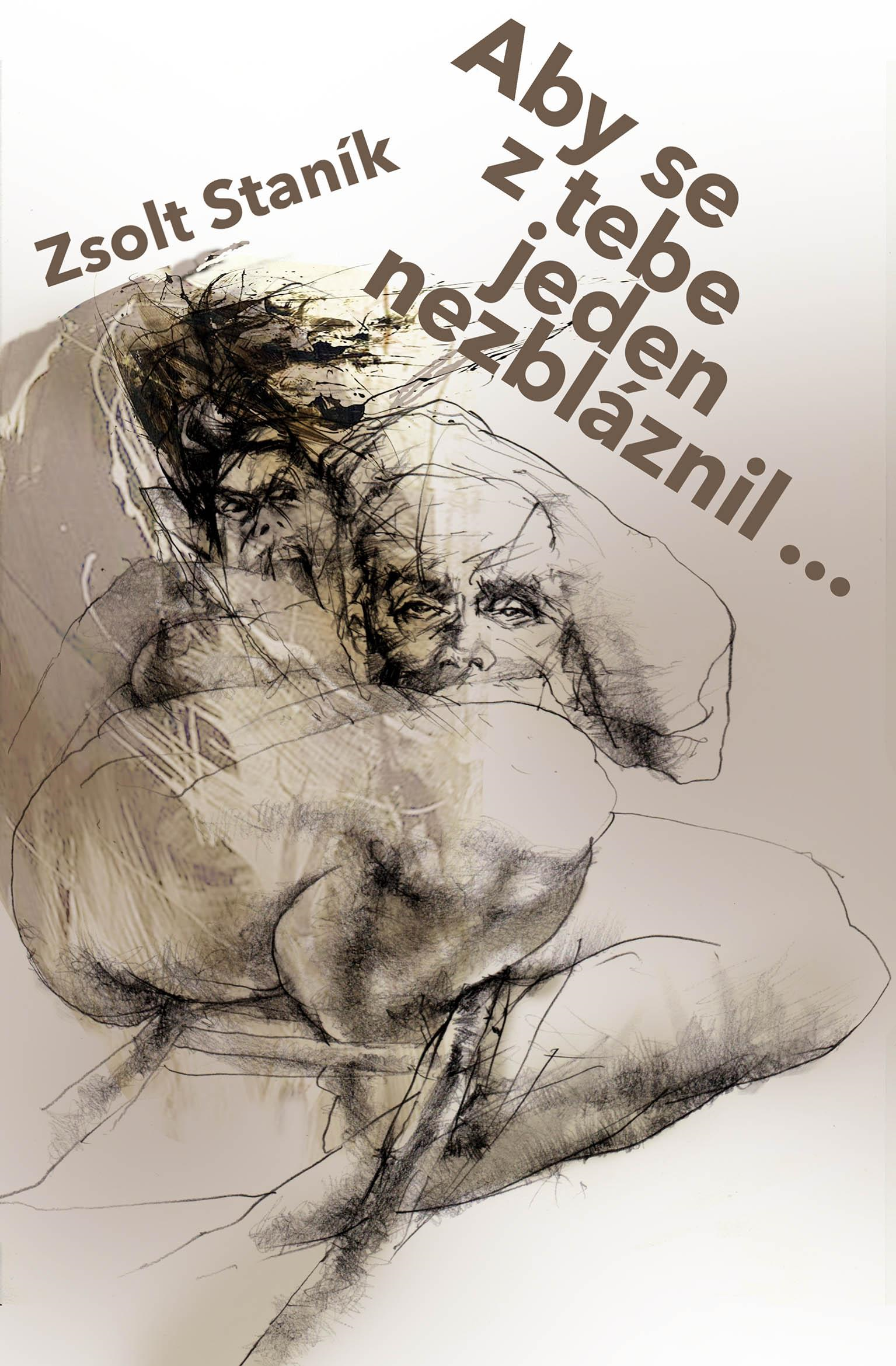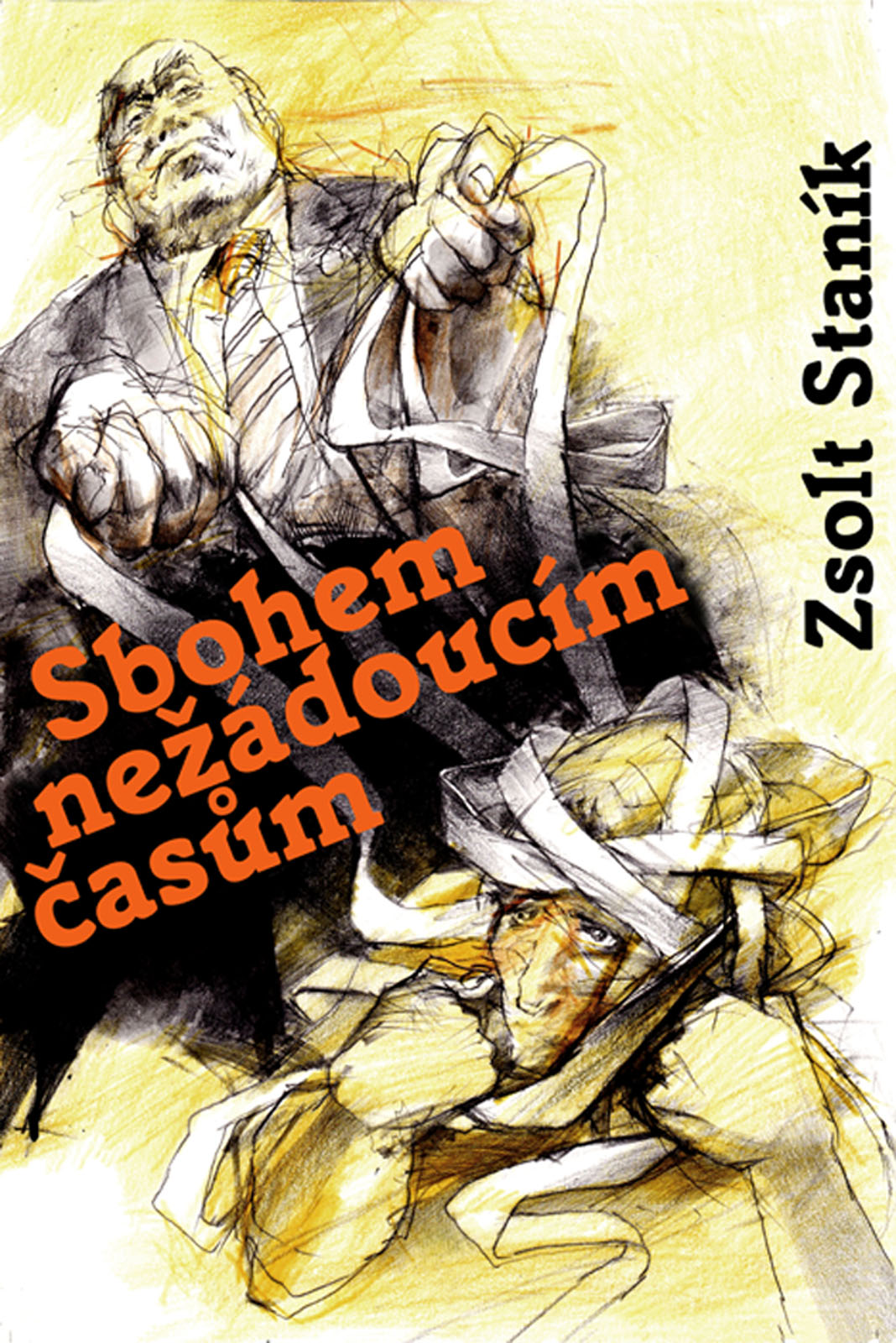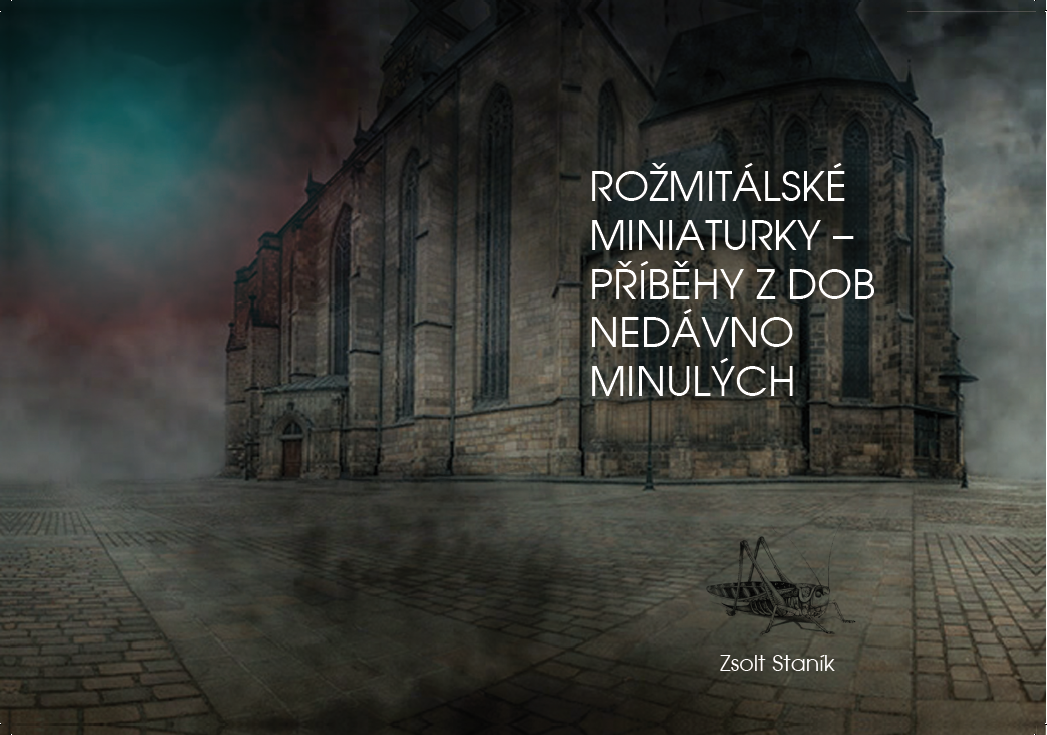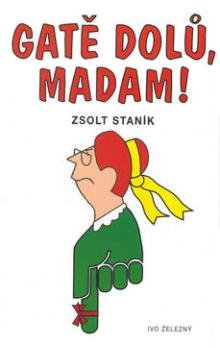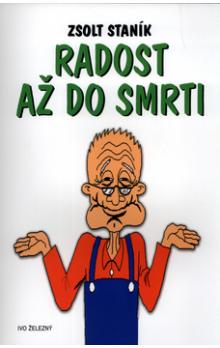Farewell to bad times
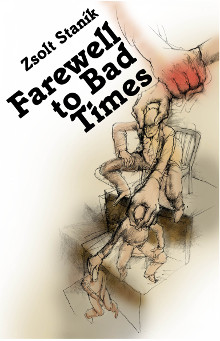
| Title: | Farewell to bad times |
| Author: | Zsolt StanûÙk |
| Ilustrations and cover: | Zdenák Netopil |
| Translation: | Skyland V. Kobylak (translated from Czech) |
| Graphical layout and typeset: | Fastprint Publishing |
| Publisher: | Fastprint Publishing, Peterborough, England |
| Language: | English |
| First published: | 2018 |
| ISBN: | 978-178456-582-4 |
| 175 pages | |
| Price | See purchase |
| >> purchase | |
About the book
The aim of the novella Farewell to Bad Times is to use the story of the Kalous and Hones families and other individuals to portray the lives of the myriads who lived in the period of communist totalitarianism in former Czechoslovakia that began roughly at the end of the Second World War and lasted until the Velvet Revolution in 1989.
After February 1948, Michal Kalous, a patriot and leader of the anti-fascist resistance group Kosa deals with the question of his status and place in society after his return home from the Auschwitz concentration camp.
His sons, twins AntonûÙn and Jan, each come to terms with the newly established political system in their own different ways. While AntonûÙnãs life weaves a simpler path of servility, flattery, obedience, and loyalty to the establishment, Jan sets off on a much more complicated journey that is paved with good intentions and the desire to reach his goals in an honest way. In his personal life, AntonûÙn is commanding and ruthless. Contrary to him, Jan is thoughtful, considerate, tolerant, and kind to his partner and his surroundings.
Aside from these two main figures, the novella presents other figures who, due to the situation at the time, had the opportunity to arrange easy lives for themselves, often in a dishonest manner. These individuals, among others, include Comrades Sazima and Korejs, two villainous wrong-doers, or the grown-up member of the Czechoslovak Union of Youth Pavel Hones, whose world has narrowed to a sky filled with red stars.
A wholly different figure is Dana, Michalãs sister-in-law, a girl with a wild imagination whose visions, ideas, and prognoses fill her head while she sleeps and usually tend to come true in real life.
The Velvet Revolution brought an end to the times when a communist party identification card was often the only adequate means of gaining power or decent status. Unfortunately, even despite the painstaking process of democratization, the inconsistency and common backwardness of the ruling class failed to remove from public life and bring to justice those who had placed our republic in an unenviable situation in which basic human rights were subdued.
AntonûÙn and Pavel are also examples of this situation ã two active and dangerous party members who were never brought to justice after the Velvet Revolution. AntonûÙn lives out his life without remorse in a retirement home while Pavel continues to serve his mother party even after a change of regimes. He works in political functions at various levels until his old age.
